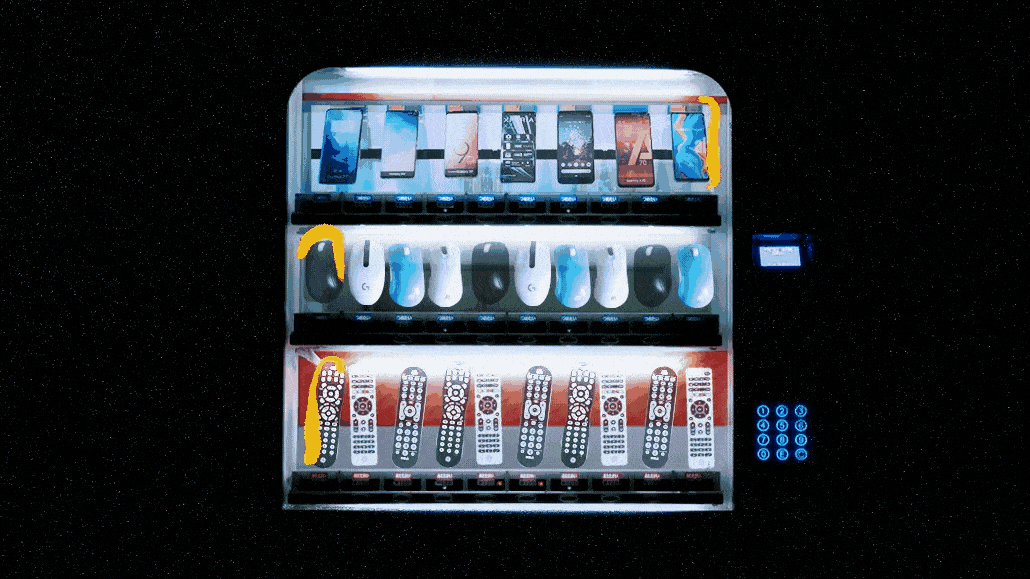Secure your place at the Digiday Media Buying Summit in Nashville, March 2-4
Indie agency Left Off Madison takes a right turn into live shopping

Independent media agency Left Off Madison (LOM), formed by ex-Dentsu and Merkle executives who desired to break free from the holding-company system, is expanding into the production space. Specifically, they believe live shopping may be about to have its moment.
Rob Douglas and Boris Litvinov, who founded LOM a year ago, are creating the offering under a division called Right Off Vine, using a small production facility owned by Douglas’ family as the production base. The positioning is simple, said Douglas: a single source for all advertising production needs across the media spectrum (TV, digital, CTV, radio, OOH) for any client.
“The keywords here are ‘single source,’ and ‘advertising’,” said Douglas. “We’re not a company that does music videos, or documentaries or all this other stuff. We just do advertising, and we’re going to cover the gamut of all the core critical advertising components.”
Douglas noted that the aim is geared toward being operational and cost efficient, as well as embodying consistency and continuity across a client’s ad tactics. “It’s more than just that we’re using the right colors and the right fonts,” he added. “There’s a small team of people that are making sure that… all of it looks like it’s borne from the same brand.”
That said, a speciality will be in live shopping, added Litvinov, and the media agency is already working with a client it declined to name on a live shopping experience. He said the approach is a website-based experience he described as “QVC on crack,” and a social-driven experience (think TikTok, perhaps).
“They each have their pros and cons,” said Litvinov. “This first one we’ve proposed to the client is a live shopping on their website because they are a pretty new online e-commerce business.” Litvinov said the goals for the client hit three levels: increase sales, decrease returns and generate content.
According to a senior marketing manager at that current LOM client, who also declined to speak for attribution, the shopping experiment is a small new line item that the client plans to test across multiple product groups. If it succeeds, the plan is to expand spend on it in 2025.
“Few are doing it well because the content isn’t engaging, and the quality of the products offered just isn’t there,” said the manager. “We think there’s a better way forward and are interested in exploring what’s possible. These are the guys to do it. We’ve been impressed with their ability to understand our target audiences, and in some cases, unlock new consumer groups that we hadn’t previously targeted.”
Independent media analyst Brian Wieser, who publishes the Madison and Wall newsletter, a week ago revised his expectations for modest growth among independents for Q1 2024 up to 2% from 0.7% he had predicted in Q4 ’23.
More in Media Buying

How the MLS plans to convert World Cup interest into lasting soccer fandom
Alongside advertisers and publishers, the league hopes to use a rare opportunity to promote soccer in the U.S.

AdCP vs. IAB Tech Lab: Inside programmatic advertising’s agentic AI standards showdown
Ad Context Protocol and IAB Tech Lab’s Agentic Roadmap offer two competing approaches for updating ad tech for AI agents. Can they coexist?

Why brands are shifting toward ‘less precise, more accurate’ gauges for paid social
AI modeling and an understanding that there’s more to life than the last click are changing the way clients evaluate paid social investments.







